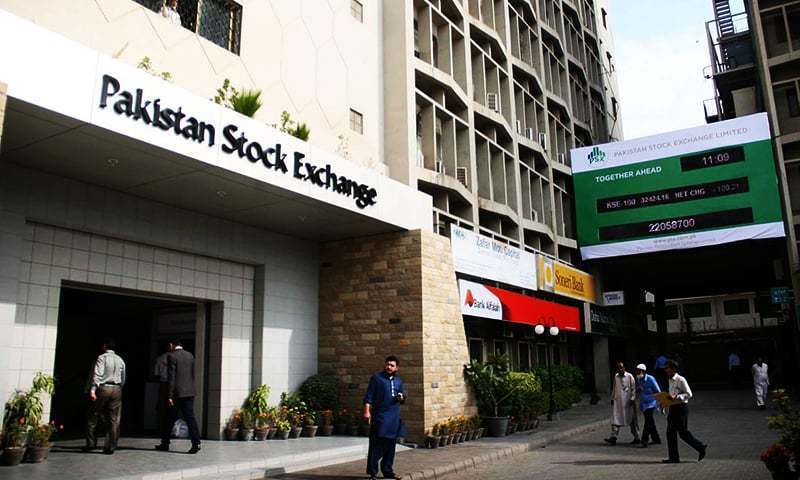By Bashir Khan
ISLAMABAD: Pakistan’s foreign exchange reserves have surpassed $12 billion for the first time in over two years, aided by the Special Investment Facilitation Council (SIFC) where as of November 2024, the reserves stood at $12.04 billion, reflecting an increase of $620 million in just one week.
According to media, the latest surge comes after a period of economic uncertainty and challenges, marking a significant recovery.
The country’s total foreign exchange reserves now amount to $16.62 billion, with commercial banks holding $4.58 billion of that total.
The central bank’s reserves increased by $13 million during the week, supported by inflows from the Asian Development Bank (ADB), which exceeded $500 million.
This inflow not only pushed reserves above the $12 billion mark but also elevated the import cover to 2.15 months, the highest in nearly three years.
“The inflow from ADB has contributed to the elevation of reserves and, in turn, import cover, taking them to their highest levels in almost three years,” said Waqas Ghani Kukaswadia, an analyst at JS Global. Earlier, the reserves held by commercial banks saw a slight decline of $33 million, settling at $4.55 billion, according to Arif Habib Limited (AHL) research head Tahir Abbas.
Despite minor fluctuations, Pakistan’s total foreign reserves remain stable, maintaining an import cover of 2.15 months.
“The central bank reserves have been continuously on a rising trend for the last 7-8 weeks owing to a current account surplus and higher liquidity in the interbank market,” said Shankar Talreja, Director of Research at TopLine Securities.
The SIFC, a key player in Pakistan’s economic recovery, has been instrumental in restoring investor confidence and stabilising the business environment as the council’s efforts to facilitate investors and the business community have been pivotal in creating the conditions for economic stability.
The increase in reserves is seen as a positive sign of Pakistan’s improving financial health, signalling potential for future growth and economic resilience.
According to analysts, this rise in foreign exchange reserves could provide the country with the necessary buffer to address its external financial obligations and ensure stability in the currency market.






